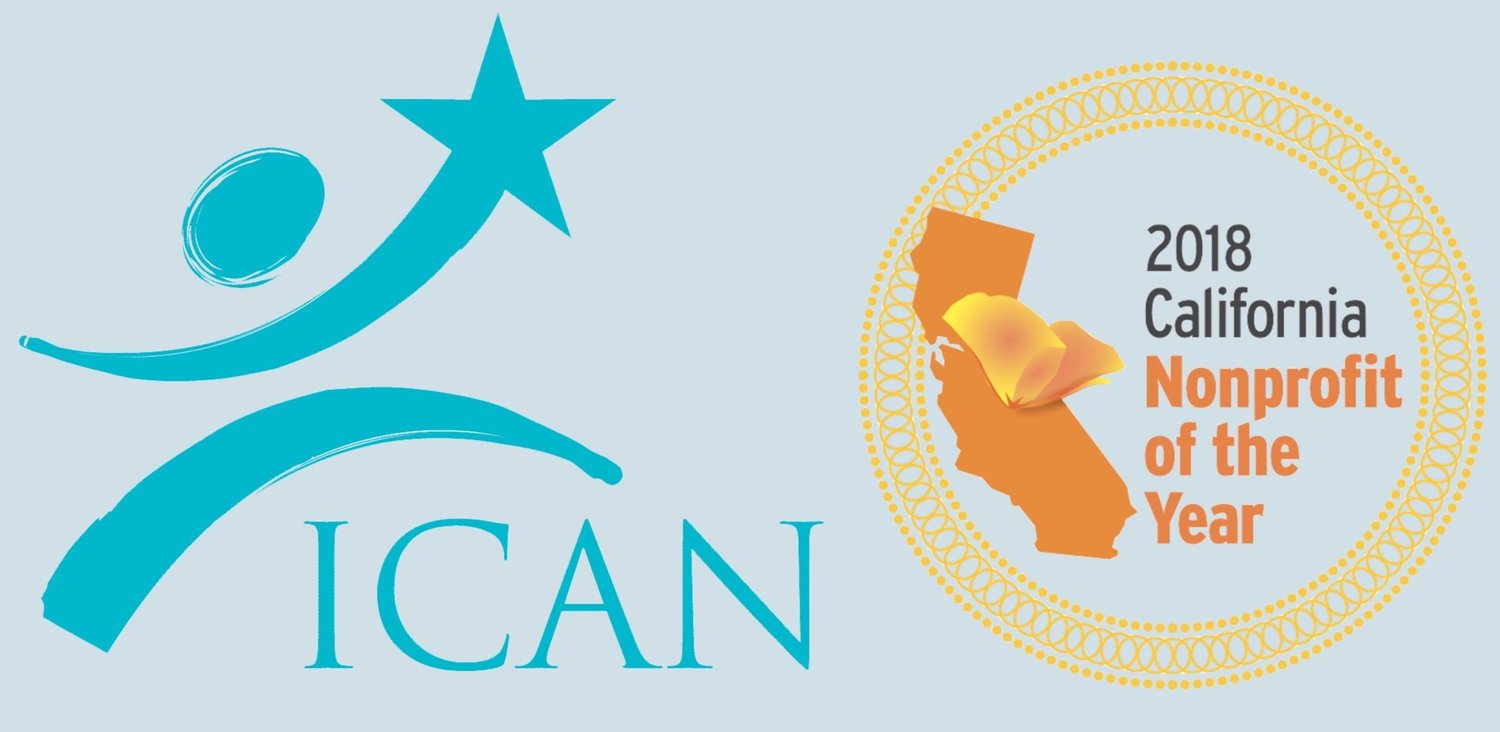Visiting My Husband In Re-Education Camp
by Nguyễn M. Hạnh
ENGLISH TRANSLATION BY TRINH DO
Saigon fell 3 years after we got married. At that time, I was 28 and already had two children. My daughter was 2 years old and my son was about 5 months old. Like thousands of other people who were soldiers or had worked for the Republic of South Vietnam or for the Americans, my husband had to report to be re-educated about the new government. They reassured us that it would only take about 10 days or so.
My husband ended up in re-education camps for 9 years. I was allowed to visit and bring supplies for him about 10 times. The visits cost at least 10 đồng for transportation, plus additional expenses for food supplies that I bought and prepared for him. Yet, my starving teacher salary was only about 30 đồng a month at that time. Usually, I had to borrow money from friends or colleagues to pay for the visit. When I got paid, my salary first went to paying back the debts. Many of my colleagues and friends were in similar situations, so we took turns to pool the money for these taxing trips to visit our husband, father or brother.
Once my husband was moved to a camp deep in a remote jungle. The bus came to the camp once every few days. Travelling to visit my husband in this camp took a whole week, yet we were only allowed to meet each other for only 15 minutes. After the visit, I dejectedly returned home, then had to wait a year for another visit.
My meager high school teacher salary became the sole income for our family to feed me, my two small children and my frail 90-year old grandmother as well as to support my husband in the re-education camp. Each night, after dinner, I took my children to the long distance bus station to sell lottery tickets until 10pm or later. One evening, as I was trying to calm my son, I heard a “Hi teacher!”. I looked up and saw Huy, the student who often got reprimanded by me for falling asleep in class and failing to submit homework on time. He had to sell lottery tickets every night and do other work to help make ends meet and therefore did not have enough time to study and to sleep. I felt ashamed and awkward at first, but the sharing brought us together. We talked and cried together the whole night.
One time, on the night before going to visit my husband, I tried to make more money by going to the long distance bus station to sell a few more lottery tickets. When I was about to close my bag to go home, a customer came to buy a few tickets. The person bought two đồng worth of tickets, and gave me a 10 đồng bill. I gathered all my remaining bills to have enough change to give back to him. When I got home, I looked at the bill again and realized it was counterfeit money! Not only did that customer not pay me for the lottery tickets, he had scammed to take all the money I earned with my blood and sweat and had saved for so long so that I could visit my husband.
I cried the whole night long. I was used to poverty, but the cheating, lies, and scams of others still hurt me. Where was their conscience? How could they cheat to get money from dirt poor people like me? How was I going to get the money to visit and care for my husband? If I didn’t get to see him this time, what would happen if they were to move him to another place? I could only cry and pray, wishing that God would help me find a solution.
At 3 am when it was still pitch dark, I hurriedly made my way to the bus station. Just before the bus was about to depart, I went to buy two loaves of bread. My hand shook when I gave the counterfeit 10 đồng bill to the young street vendor. Because it was dark and I told him that I was in a hurry, the young boy didn’t realize that the bill was a counterfeit. He took all the money he had in his pocket to give me my change and cheerfully handed me my bread. He even wished me a good and safe journey. Feeling too embarrassed, I couldn’t look him straight in the eyes while mustering my thanks. Inside, I could only tell myself “I am so sorry. I am so sorry that I am doing this to you. I will make it up to you later.”
On the trip, I constantly prayed for the young street vendor. I was ashamed of the deed I had done. I not only did not pay him for the bread, but also cheated him out of all his money. I got to visit my husband, but what price did that child have to pay for it?
In my heart, I kept apologizing to him and prayed that he would be safe. I knew that I had committed a sin and my conscience would not let me forget it. I was a teacher, yet I had not lived up to the duty and expected morals of one. I also quietly apologized to my parents and grandmother. I did not live up to their teaching that I should never cheat, rob, or steal even a penny from anyone.
Later, I returned to the bus station to find the young street vendor but life had carried us in different directions. More than 40 years have passed since that day, but I still couldn’t forget my shame and my action of cheating the boy. The incident became the most meaningful lesson in my life, reminding me that even a good person may commit bad, shameful acts because of circumstances. This lesson has helped me tremendously in becoming a more compassionate human being, in raising my children and teaching my students. I am more understanding when seeing my students napping in class or couldn’t turn in their homeworks on time. I am more compassionate and forgiving to myself and others. Years later, whenever I went back to Vietnam to visit my family and had the chance to go to or near the long distance bus station, I always bought bread, peanuts or other souvenir gifts from young street vendors. It was a way to pay back the debt that I owed that young street vendor years before.

